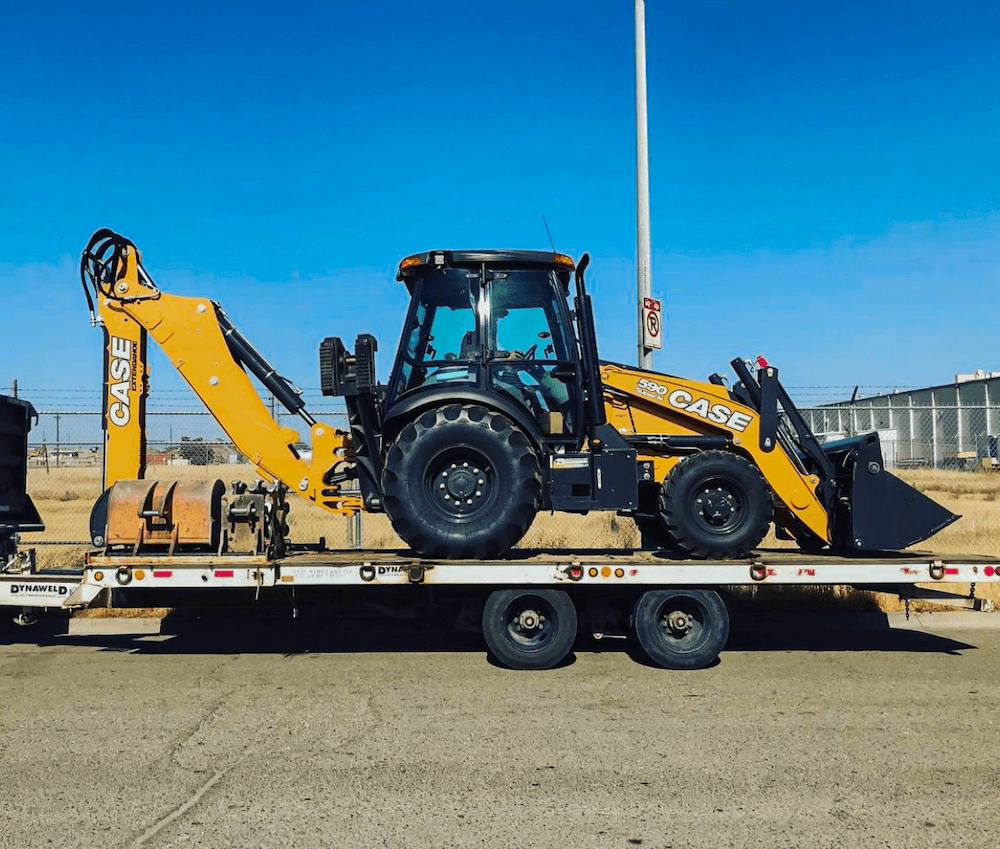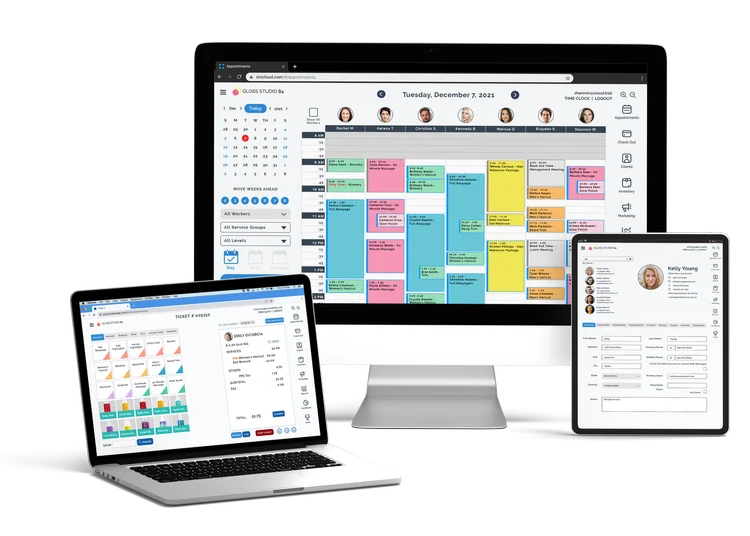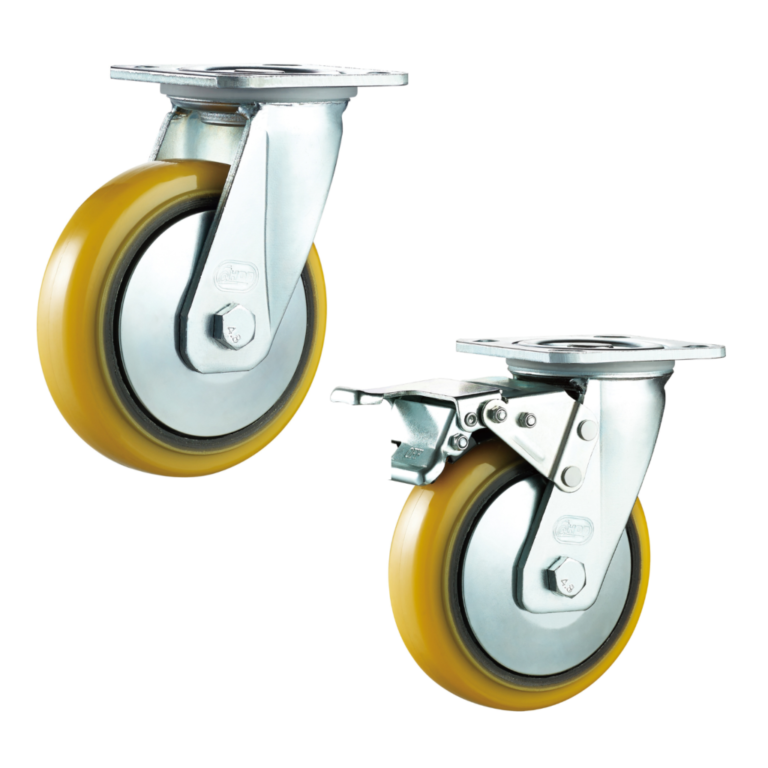Used Equipment: A Guide to Buying and Selling Secondhand Machinery


Used equipment can be a cost-effective solution for businesses and individuals looking to save money on their purchases. Whether it’s construction equipment, office furniture, or even vehicles, buying used can often provide significant savings compared to buying new. However, there are some important factors to consider when purchasing used equipment to ensure that you are getting a good deal and not sacrificing quality or safety.
One of the most important considerations when buying used equipment is the condition of the item. It’s important to thoroughly inspect the equipment and test it out before making a purchase. This can help you identify any potential issues or defects that may not be immediately apparent. Additionally, it’s important to research the history of the equipment, including any previous owners, repairs, or maintenance records.
Another factor to consider when buying used equipment is the seller. It’s important to purchase from a reputable seller who has a history of selling quality used equipment and providing accurate descriptions of the items for sale. This can help ensure that you are getting a fair deal and that the equipment will meet your needs. By taking these factors into consideration, businesses and individuals can make informed decisions when purchasing used equipment and save money in the process.
Contents
Understanding Used Equipment
When it comes to purchasing equipment, many businesses and individuals opt for used equipment rather than buying new. Understanding the benefits and potential drawbacks of used equipment can help buyers make informed decisions.
Types of Used Equipment
Used equipment can range from heavy machinery to office equipment. Some common types of used equipment include:
- Construction equipment, such as bulldozers and excavators
- Farm equipment, such as tractors and combines
- Medical equipment, such as hospital beds and MRI machines
- Office equipment, such as computers and printers
Benefits of Used Equipment
One of the main benefits of purchasing used equipment is cost savings. Used equipment is often significantly cheaper than buying new, which can be especially beneficial for small businesses or individuals on a budget. Additionally, used equipment may still be in good condition and have plenty of life left in it.
Another benefit of used equipment is availability. Some types of equipment may no longer be manufactured or may have long lead times for new orders, making used equipment the only option for those who need it quickly.
Potential Drawbacks of Used Equipment
While there are many benefits to purchasing used equipment, there are also potential drawbacks. One of the main drawbacks is the potential for hidden issues or defects. Used equipment may have been previously damaged or poorly maintained, which can lead to costly repairs or even safety hazards.
Another potential drawback is the lack of warranty or support. New equipment often comes with a warranty and support from the manufacturer, but used equipment may not have any coverage or support available.
Overall, understanding the types of used equipment available, as well as the potential benefits and drawbacks, can help buyers make informed decisions when it comes to purchasing equipment.
Buying and Selling Used Equipment
When it comes to buying or selling used equipment, there are a few things to keep in mind to ensure a smooth transaction.
Where to Buy Used Equipment
There are several options for buying used equipment. One common option is to purchase from a dealer or reseller. These businesses often have a wide selection of used equipment and may offer warranties or other guarantees. Another option is to buy from an auction or online marketplace, such as eBay or Craigslist. While these options may offer lower prices, it is important to thoroughly research the seller and inspect the equipment before making a purchase.
Selling Your Used Equipment
If you have equipment to sell, there are also several options available. One option is to sell to a dealer or reseller. They may offer a lower price than selling directly to a buyer, but they can handle the marketing and sales process for you. Another option is to sell directly to a buyer through an online marketplace or classified ad. When selling directly, it is important to accurately describe the equipment and include clear photos to attract potential buyers.
Regardless of whether buying or selling, it is important to do your research and be prepared for negotiations. Knowing the fair market value of the equipment and having a clear understanding of its condition can help ensure a successful transaction.





